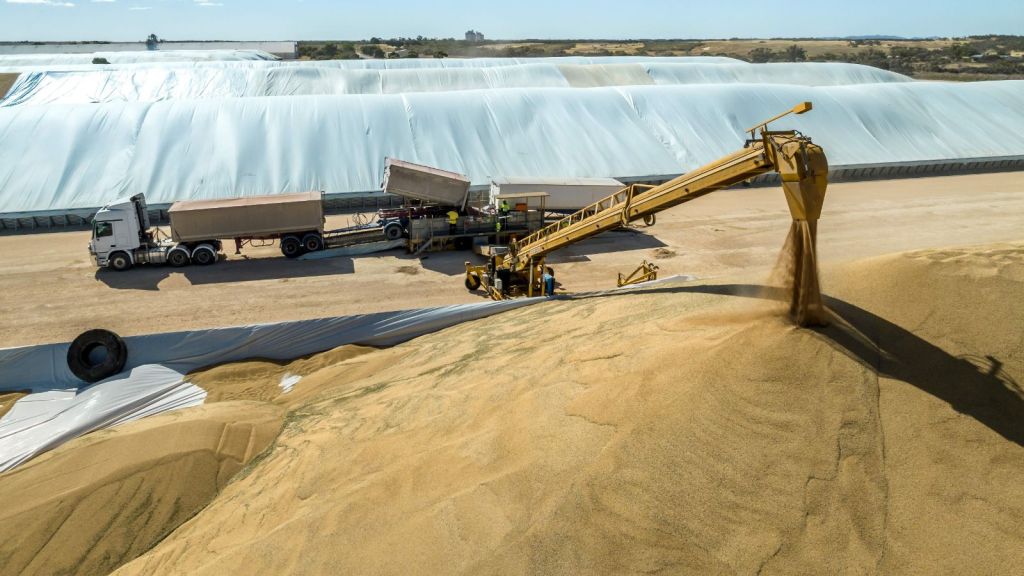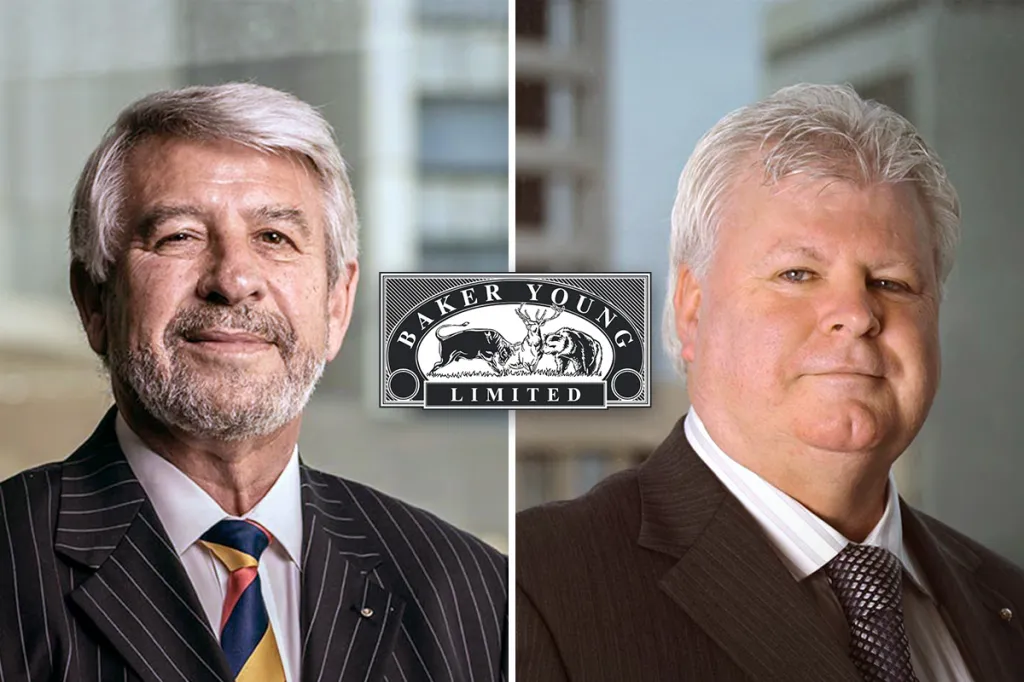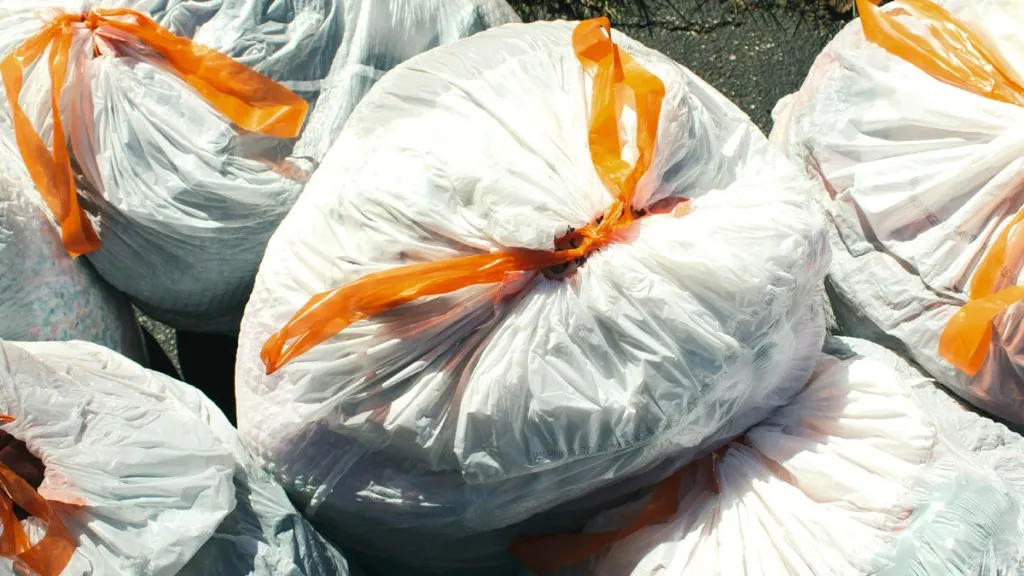Grain industry backlash over Viterra buyout plan
A proposed buyout by a grain industry giant is being opposed by some South Australian grain growers and handlers, who argue it would reduce competition in the market.

The proposed acquisition by global grain handler and exporter Viterra Operations (Viterra) is under investigation by the Australian Competition and Consumer Commission.
Viterra has sought to acquire a mobile ship loader and various grain silos from Cargill and AWB Grainflow, which own and operate a mobile ship loader at Port Adelaide Inner Harbour and 16 grain storage centres, eight of which are located in South Australia and Victoria.
Currently, Viterra operates 48 grain storage and handling facilities in South Australia, and six bulk grain export port terminals around the state.
The sites subject to the acquisition include storage and handling facilities at Maitland on the Yorke Peninsula and Crystal Brook in the mid north.
South Australian grain export company T-Ports, which has developed two shallow water ports in the state at Lucky Bay and Wallaroo, said it would lodge a submission opposing the deal.
CEO Nathan Kent said the company would be “urging the ACCC to push back on the Viterra monopoly and back competition instead”.
“We’re encouraging growers and regional communities to do the same,” he said.
You might like
“A return to the Viterra monopoly will be bad for competition and bad for growers, families and communities across the Yorke and Eyre peninsulas.
“It represents an attempt by global mega-companies to eliminate local competition, which will only drive prices down at the farmgate.”

T-Ports was established in 2018. Photo: T-Ports
The company said the buyout would “give Viterra a monopoly on up-country grain storage on the Yorke Peninsula”, give Viterra two storage sites within eight kilometres at Crystal Brook, and create a “virtual monopoly at Port Adelaide”.
Franklin Harbour mayor and grain grower Robert Walsh told InDaily he was strongly opposed to the acquisition, saying the alternative provided by T-Ports in his area had improved the market.
“We’ve got sites now on upper Eyre Peninsula; before, we’d all have to go through Port Lincoln,” he said.
“Prior to T-Ports, the storage facilities were never big enough for Viterra, as soon as they’d get near full they’d take all your grain and they’d just classify it as ASW (Australian Standard White grain class).”
Payment for quality was introduced in 1989, with price determined by factors applied to ASW grain, such as protein percentage.
Stay informed, daily
Walsh said before competition, producers just had to put up with the situation.
“That’s why I’m really disappointed for the guys around Crystal Brook. If you lose your competitor there and go back to the way it was, they’ll be downgraded all the time.”
Viterra CEO ANZ Philip Hughes said the acquisition was “an important step in our focus of making the South Australian grain supply chain more efficient to compete with interstate and international origins”.

The proposed acquisition would mean Viterra has two storage sites within eight km of each other at Crystal Brook. Photo: David Arnold / Flickr
“Integrating these sites into Viterra’s network and realising their full potential, particularly using the fast rail loading infrastructure for rail movements, will bring tremendous opportunities for growers, buyers and the industry,” he said in a statement to InDaily.
“With this acquisition, we will be passing savings to growers with reduced freight rates by 15 per cent at Mallala, Crystal Brook and Pinnaroo and 25 per cent at Dimboola and Maitland.
“For growers currently delivering to the GrainFlow sites, through the Viterra network they will have access to more buyers servicing multiple markets competing to purchase their grain.
The proposed acquisition also includes a long term agreement between Viterra and Cargill for an agreed volume of port terminal and storage capacity for Cargill.
Hughes said Cargill’s intention to “double its export volumes and become one of the largest exporters from South Australia” as part of the agreement would also increase competition within Viterra’s network, with Cargill looking to buy grain from growers around the state.
“There remains a high level of competition in the storage, handling and export of grain in South Australia, with the number of alternative supply chains from upcountry storage providers to port operators continuing to increase,” he said.
“Viterra needs to offer a sustainable, competitive, valuable service to buyers and growers to attract them to use the Viterra network.”








